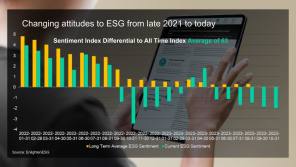Search supported by

For unlimited access to FTAdviser content...
Register now for free
- Read the latest news and views from the world of financial advice
- Never miss a story - sign up to our email alerts
- Bank CPD while you read
Have an account? Sign In




